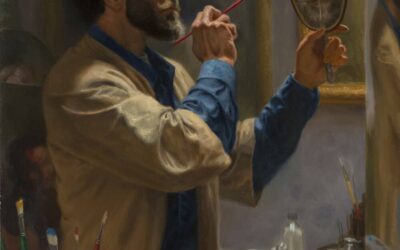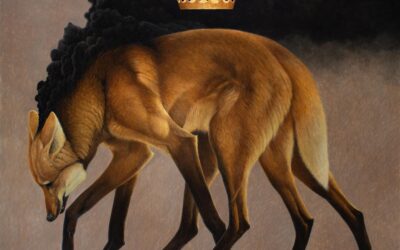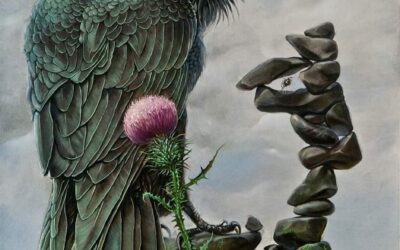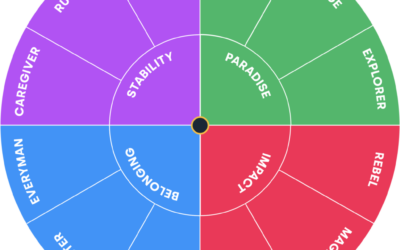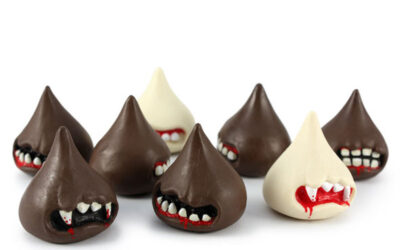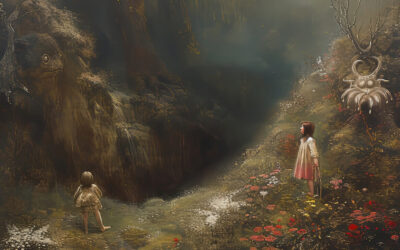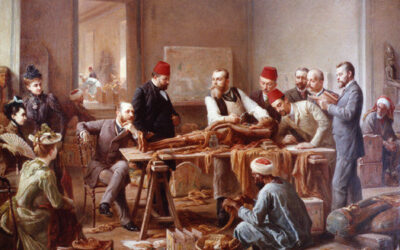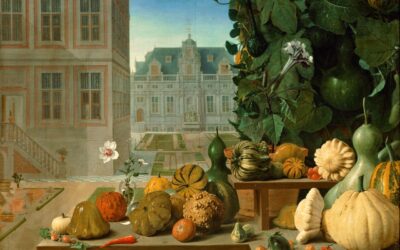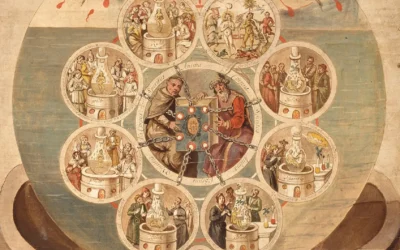What is the Artist Archetype? The Creator/Artist archetype represents the human drive to create, innovate, and express oneself through various forms of art and craftsmanship. This archetype is driven by a deep desire to bring ideas and visions to life, often challenging the status quo and pushing the boundaries of what is possible [1]. The Creator/Artist seeks to inspire, provoke, and transform through their creative endeavors. This article explores the origins, characteristics, and significance of the...
The Ruler Archetype: Exploring the Timeless Quest for Wisdom
“Explore the power of the Ruler archetype: embodying leadership, authority, and order. Discover its impact on personal ambition and societal structures.”
The Sage Archetype: Exploring the Timeless Quest for Wisdom
What is the Sage Archetype? The Sage archetype represents the eternal human pursuit of truth, knowledge, and wisdom. Transcending cultures and historical eras, the Sage embodies our desire to understand the world and our place within it [1]. This article explores the origins, characteristics, and significance of the Sage archetype, tracing its evolution from ancient mythologies to modern times. Explore all the Archetypes The 12 Archetypes The Sage The Innocent The Creator The Explorer The Rebel The Wizard The...
The 12 Major Archetypes: Exploring Universal Patterns of Human Experience
Exploring Universal Patterns of Human Experience In the vast tapestry of human psychology, certain patterns emerge that seem to transcend culture, time, and individual experience. These universal themes, known as archetypes, were first identified by Swiss psychiatrist Carl Jung as fundamental components of our collective unconscious (Jung, 1969). Today, we recognize 12 primary archetypes that shape our understanding of human behavior, storytelling, and personal growth (Pearson, 1991). Let's explore each of these...
The Dark Side of Haloween Candy
An Overview of Haloween and its Sweet Traditions Candy is a central feature of modern Halloween celebrations, with trick-or-treating children gathering sweets from neighbors and stores stocking up on mini chocolate bars and gummy worms. Yet this sweet tradition has a complex history that reflects broader social, economic, and cultural shifts. The story of Halloween candy is a microcosm of changing attitudes towards food, festival, and community in American society and beyond. Tracing the origins and evolution of...
Monsters in Dreams
A Jungian Perspective on the Symbolism and Cultural Significance of Halloween Creatures From the depths of our collective unconscious, monsters have long haunted our dreams and nightmares. These creatures, often associated with Halloween, take on various forms, such as vampires, werewolves, zombies, and ghosts, each embodying unique fears and anxieties that we may struggle to confront in our waking lives. By examining the appearance of these monsters in dreams from a Jungian perspective, we can gain insight into...
The Mummy: A Cultural, Historical, and Anthropological Perspective
A History of the Mummy: Mummies have long held a place of fascination in the human imagination, serving as enduring symbols of ancient civilizations and the mysteries of life and death. From the carefully preserved remains of ancient Egyptian pharaohs to the naturally mummified bodies discovered in bogs and glaciers, mummies provide a tantalizing glimpse into the past and offer insights into the beliefs, practices, and cultural values of the societies that created them (Aufderheide, 2003). By examining mummies...
The Vampire: An Anthropological and Historical Exploration
Why do we believe in Vampires? Vampires have long captured the human imagination, appearing in the folklore, literature, and popular culture of societies across the globe. These enigmatic figures, often depicted as undead beings who sustain themselves by feeding on the life essence of the living, have roots that run deep in human history and mythology (Beresford, 2008). The persistent fascination with vampires can be attributed to their ability to embody and reflect the fears, desires, and cultural anxieties of...
The Evolution of Halloween Costumes
Costumes as a Reflection of Societal Change Halloween, celebrated annually on October 31st, has its roots in the ancient Celtic festival of Samhain, which marked the end of the harvest season and the beginning of winter. The Celts believed that on this night, the boundary between the world of the living and the dead blurred, allowing spirits to cross over. To ward off evil spirits and disguise themselves, people wore costumes made from animal skins, leaves, and other natural materials. As Halloween evolved over...
What Does Alchemy Have to Do With Psychology?
A History of Alchemical Symbolism and Metaphor The connection between alchemy and psychology has been a subject of intrigue and controversy. Influential thinkers like Manly P. Hall and Carl Jung saw the history of alchemy as an integral part of the evolution of human psychology, rather than just a primitive pseudoscience. Manly P. Hall believed that the alchemists of old were consciously guarding and encoding an esoteric process of self-actualization into the language and symbolism of a material science. In his...

